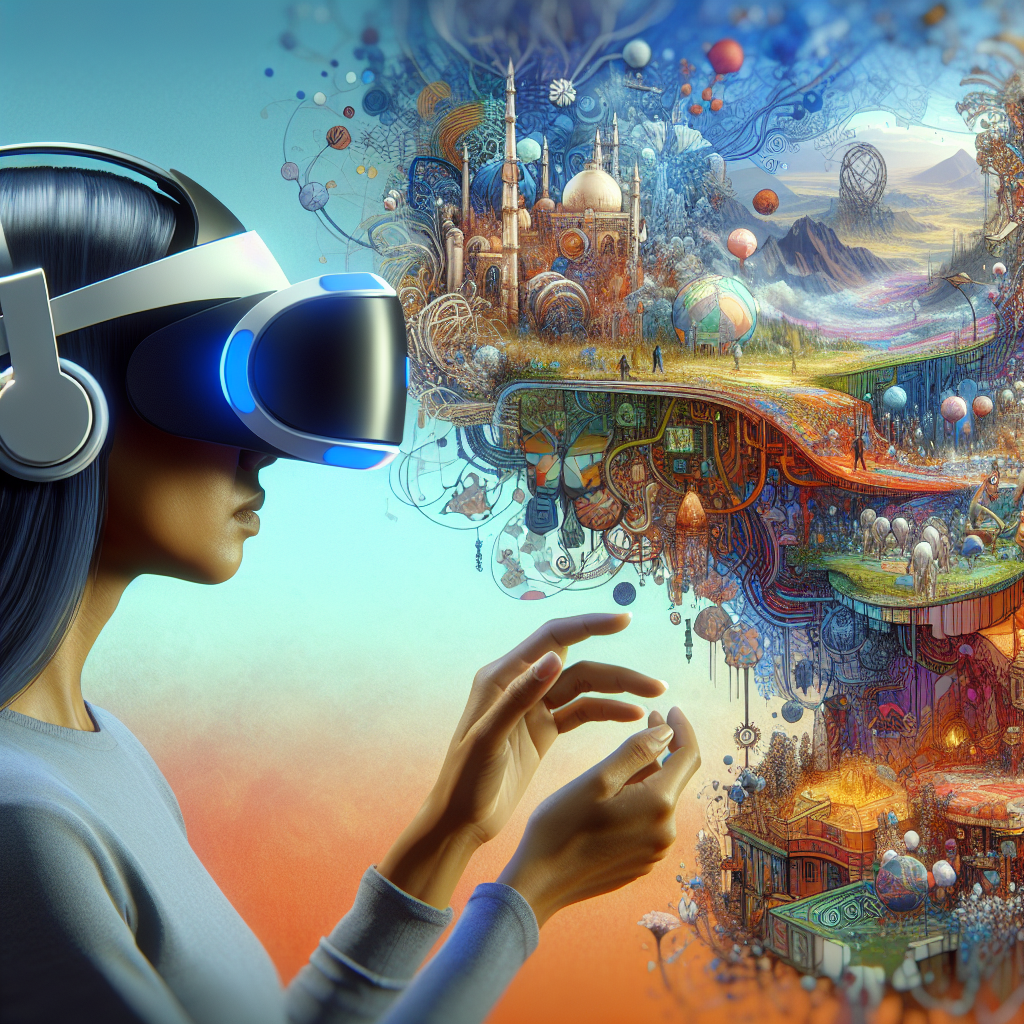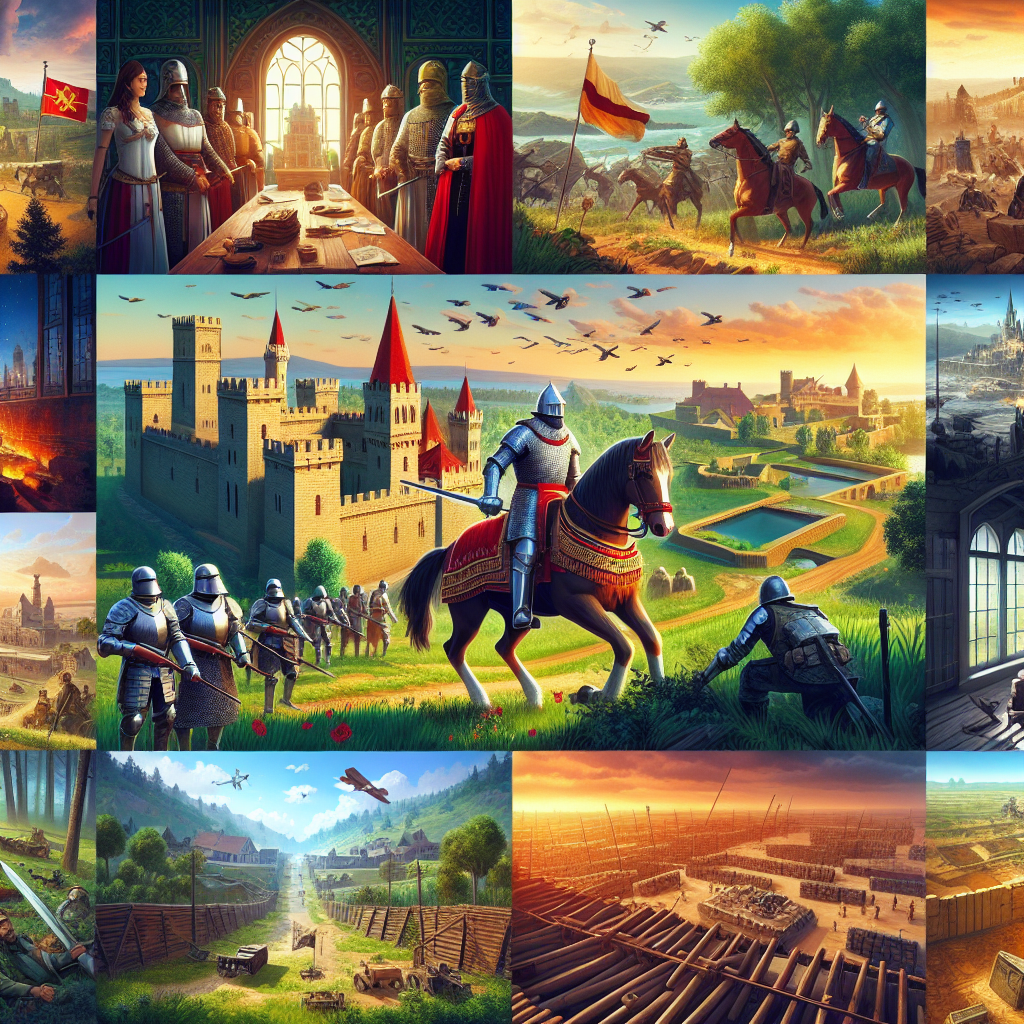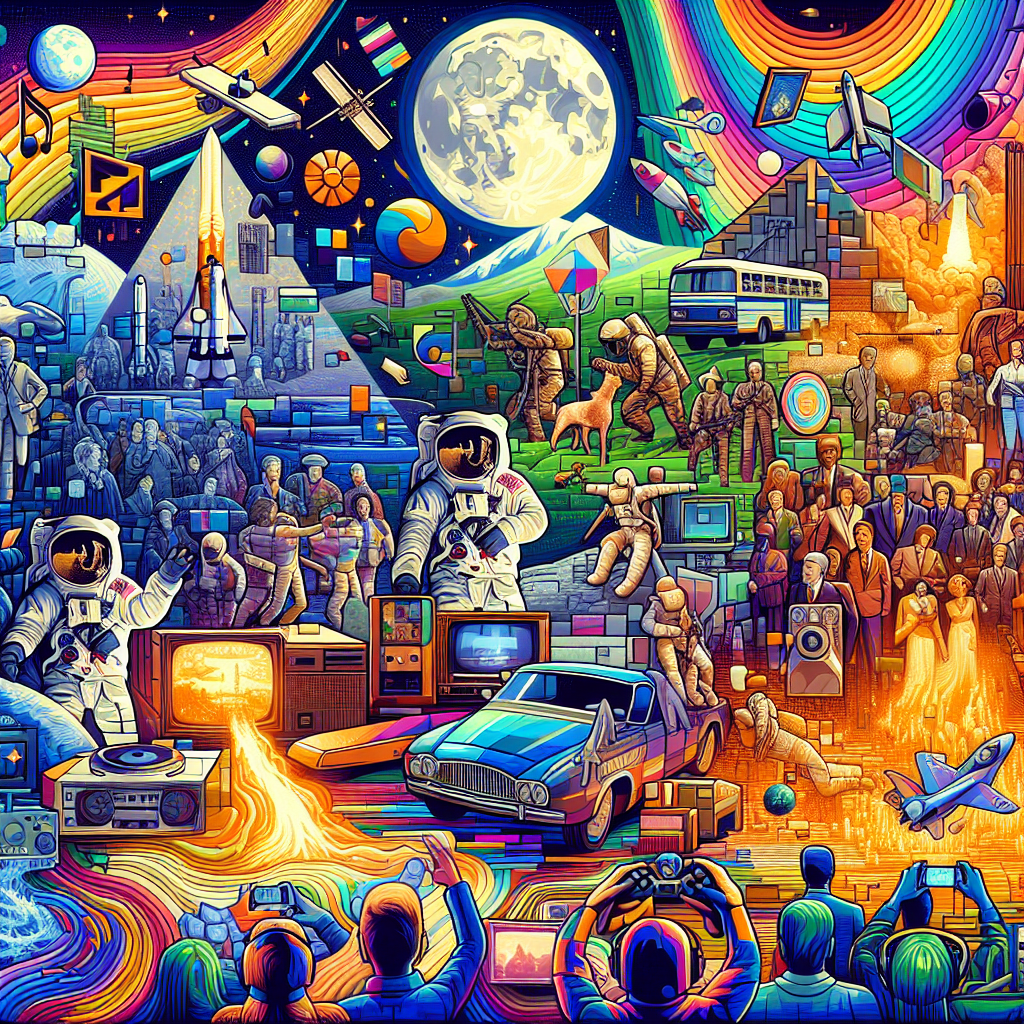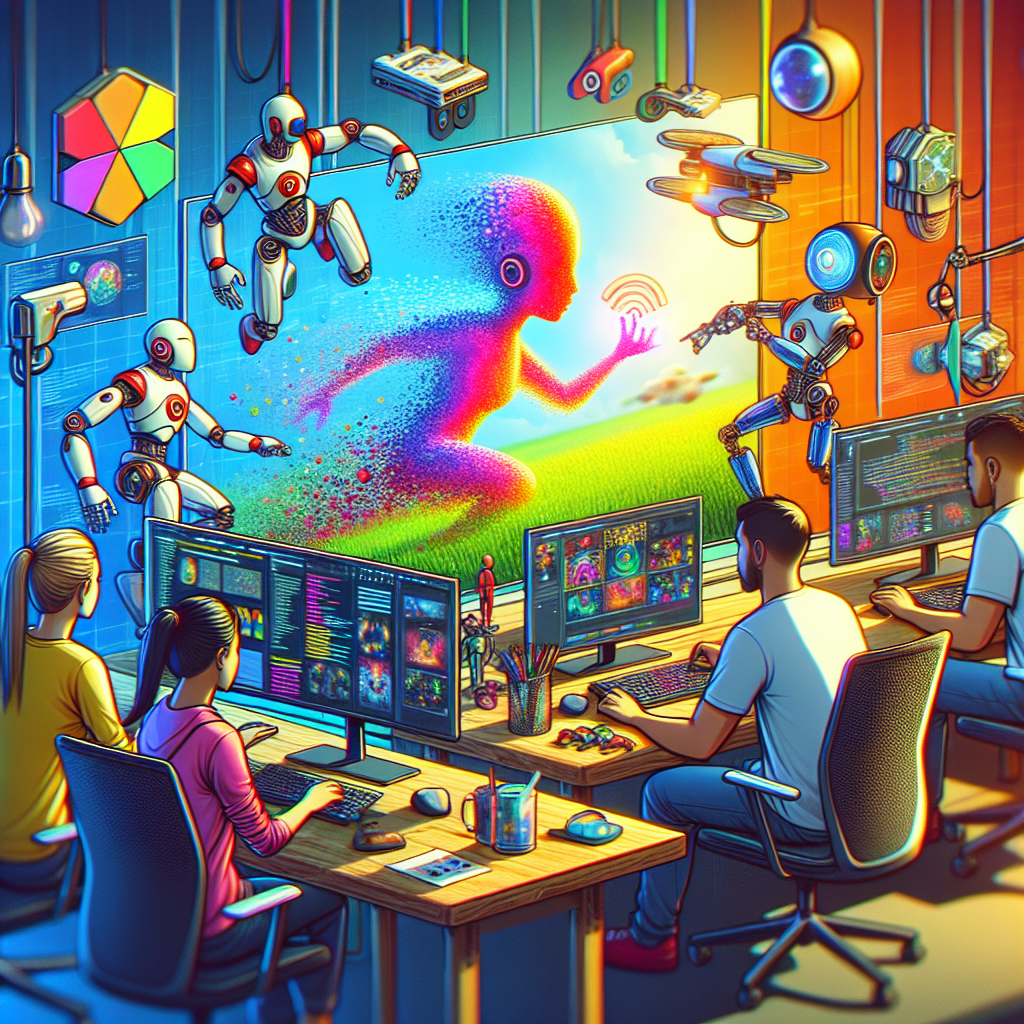In recent years, the question has emerged: are video games the future of storytelling? Video games have evolved dramatically, transitioning from simple pixelated graphics to immersive worlds filled with complex narratives and emotional depth. As this medium continues to grow, it is reshaping how we consume stories and engage with characters.
Interactive Narratives: A New Dimension
One of the most significant aspects of video games is their interactive nature. Unlike traditional storytelling mediums, such as books or films, video games allow players to make choices that affect the outcome of the story. This interactivity enables a level of engagement that is unparalleled. Players can shape their destinies and experience multiple endings based on their decisions, creating a personal connection to the narrative.
This interactive storytelling format has been popularized by games like *The Walking Dead*, where player choices directly influence the plot and character fates. Such experiences challenge the conventional storytelling model, making the player an active participant rather than a passive observer.
Emotional Engagement Through Gameplay
Video games also excel in fostering emotional engagement. Through gameplay mechanics, players often experience a range of emotions that enhance their connection to the story. For instance, games like *Journey* and *Celeste* evoke feelings of solitude, triumph, and perseverance through their gameplay design and narrative arcs.


Moreover, video games often utilize music and visual storytelling techniques to deepen emotional impact. The combination of stunning graphics, compelling soundtracks, and interactive elements creates a rich tapestry of storytelling that can resonate with players on a profound level. This emotional engagement is something that traditional storytelling mediums struggle to replicate.
The Future of Storytelling: Collaborative Experiences
Looking ahead, the future of storytelling in video games may involve even more collaborative experiences. The rise of virtual reality (VR) and augmented reality (AR) technologies promises to create even more immersive environments where stories unfold around the player. Imagine stepping into a narrative where you can physically interact with the world and characters, adding a new layer of immersion.
Additionally, as online multiplayer games become more popular, the potential for shared storytelling experiences increases. Players can collaborate in real-time, crafting unique narratives that emerge from their interactions. This communal aspect of storytelling may define the next generation of narrative experiences in gaming.
In conclusion, video games are indeed paving the way for the future of storytelling. With their interactive nature, emotional engagement, and potential for collaborative experiences, they are redefining how we perceive narratives. As technology advances, we can expect video games to become an even more integral part of the storytelling landscape, offering unique experiences that resonate deeply with audiences worldwide.
Some content and/or images on this page were created using AI.





